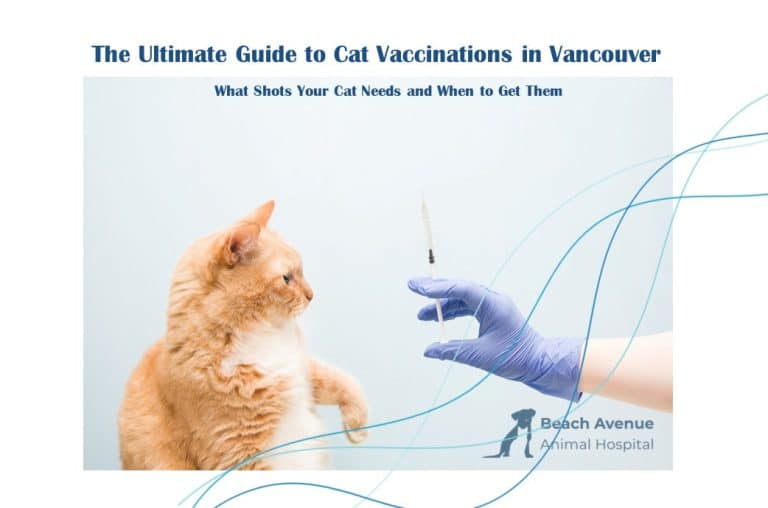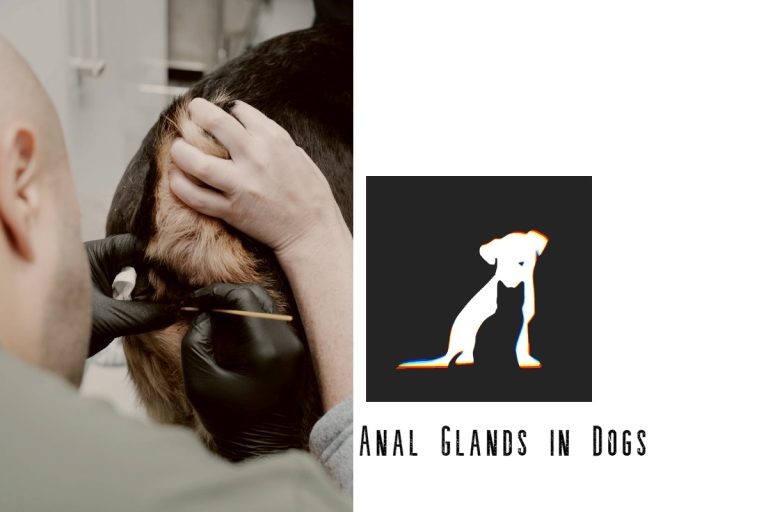Pet anxiety can manifest in various ways, including excessive barking, scratching, pacing, hiding, or even aggression. If your pet is exhibiting signs of anxiety, it’s important to understand the underlying causes and take steps to help them cope.
Common Causes of Pet Anxiety

Separation anxiety: Pets may become anxious when left alone.
Noise sensitivity: Loud noises like thunder or fireworks can trigger anxiety.
Fear of strangers: Some pets may be fearful of unfamiliar people or animals.
Health issues: Underlying health problems can sometimes contribute to anxiety.
Tips for Managing Pet Anxiety
Gradual desensitization: If your pet is afraid of something, gradually expose them to the fear-inducing stimulus in a controlled environment.
Positive reinforcement: Reward your pet for calm behavior, especially when they’re in a stressful situation.
Provide a safe space: Create a quiet, comfortable space where your pet can retreat when feeling anxious.
Exercise: Regular exercise can help reduce stress and anxiety.
Consult with a veterinarian: If your pet’s anxiety is severe or interfering with their quality of life, consult with a veterinarian. They may recommend behavior modification techniques or medication.
Additional Tips for Specific Anxiety Issues
Separation anxiety: Try leaving your pet with a familiar person or object when you’re away.
Noise sensitivity: Use white noise or calming music to mask loud noises.
Fear of strangers: Socialize your pet gradually and positively.
By understanding the causes of your pet’s anxiety and implementing appropriate strategies, you can help them cope with stress and live a happier, healthier life.









